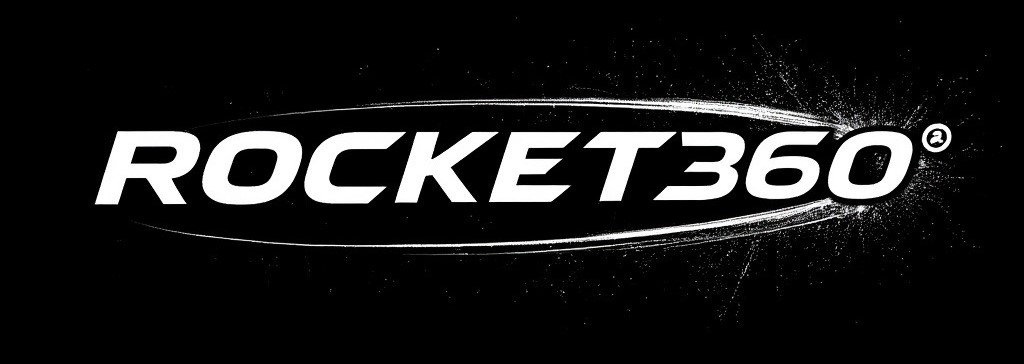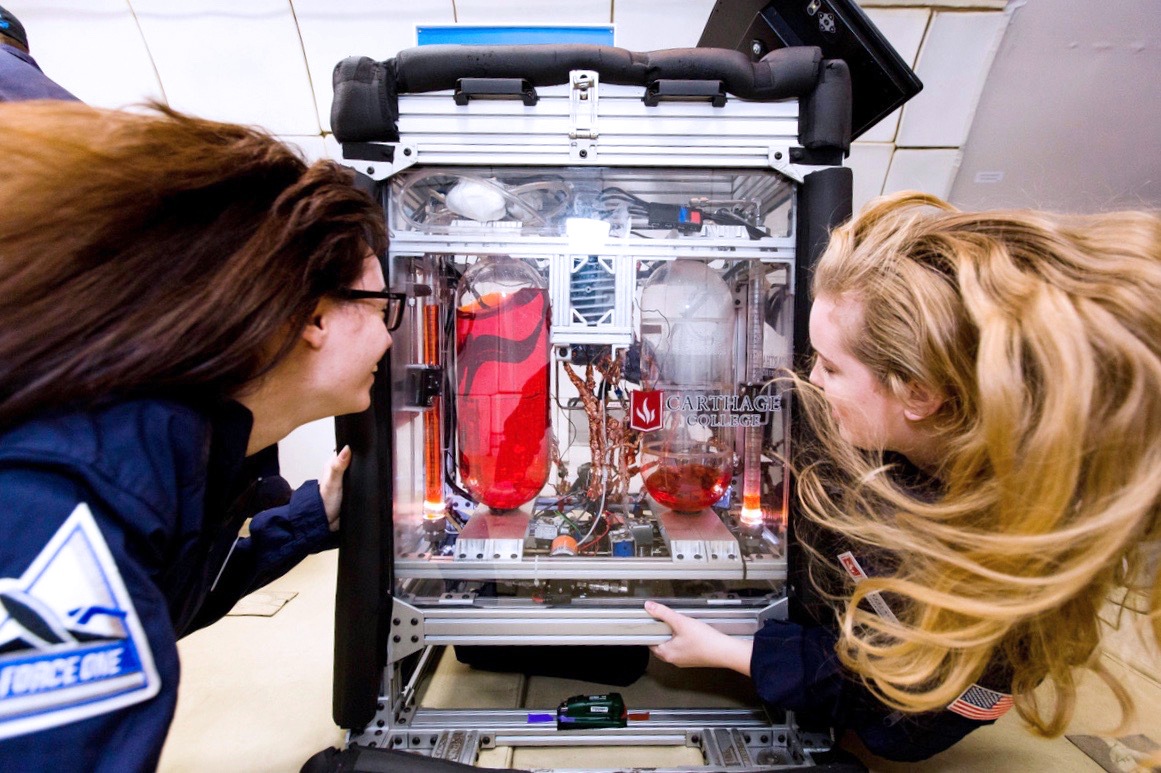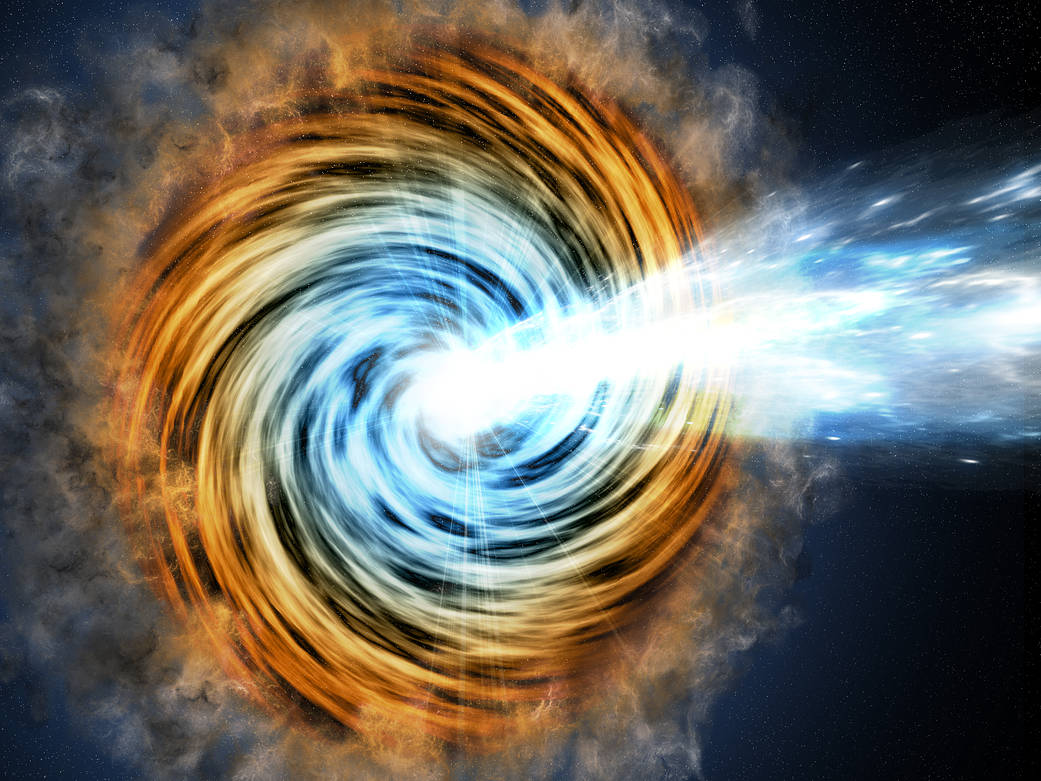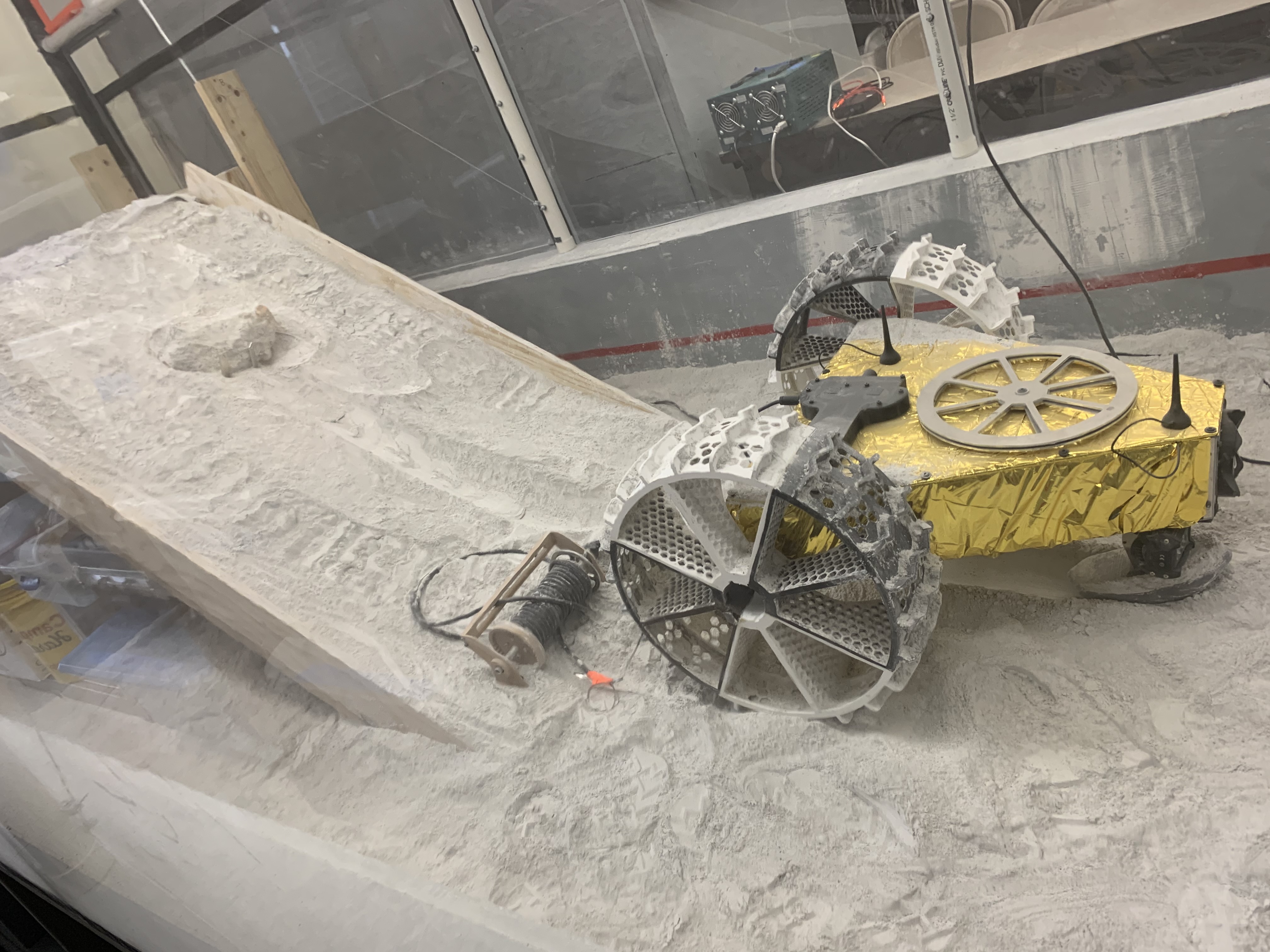2 min read
Preparations for Next Moonwalk Simulations Underway (and Underwater)
Lei Zhai
University of Central Florida
Lunar dust, with its chemical reactivity, electrostatic charge, and potential magnetism, poses a serious threat to astronauts and equipment on the Moon’s surface. To address this, the project proposes developing structured coatings with anisotropic surface features and electrostatic dissipative properties to passively mitigate lunar dust. By analyzing lunar dust-surface interactions at multiple scales, the team aims to optimize the coatings’ surface structures and physical properties, such as Young’s modulus, electrical conductivity, and polarity. The project will examine tribocharging, external electric fields, and the effects of particle shapes and sizes. Numerical sensitivity analyses will complement simulations to better understand lunar dust dynamics. Once fabricated, the coatings will be tested under simulated lunar conditions. The team will employ a state-of-the-art nanoscale force spectroscopy system, using atomic force microsope (AFM) microcantilevers functionalized with regolith to measure dust-surface interactions. Additional experiments will assess particle adhesion and removal, with scanning electron microscopy used to analyze remaining dust. This project aims to provide insights into surface structure effects on dust adhesion, guiding the creation of lightweight, durable coatings for effective dust mitigation. The findings will foster collaborations with NASA and the aerospace industry, while offering training opportunities for students entering the field.





